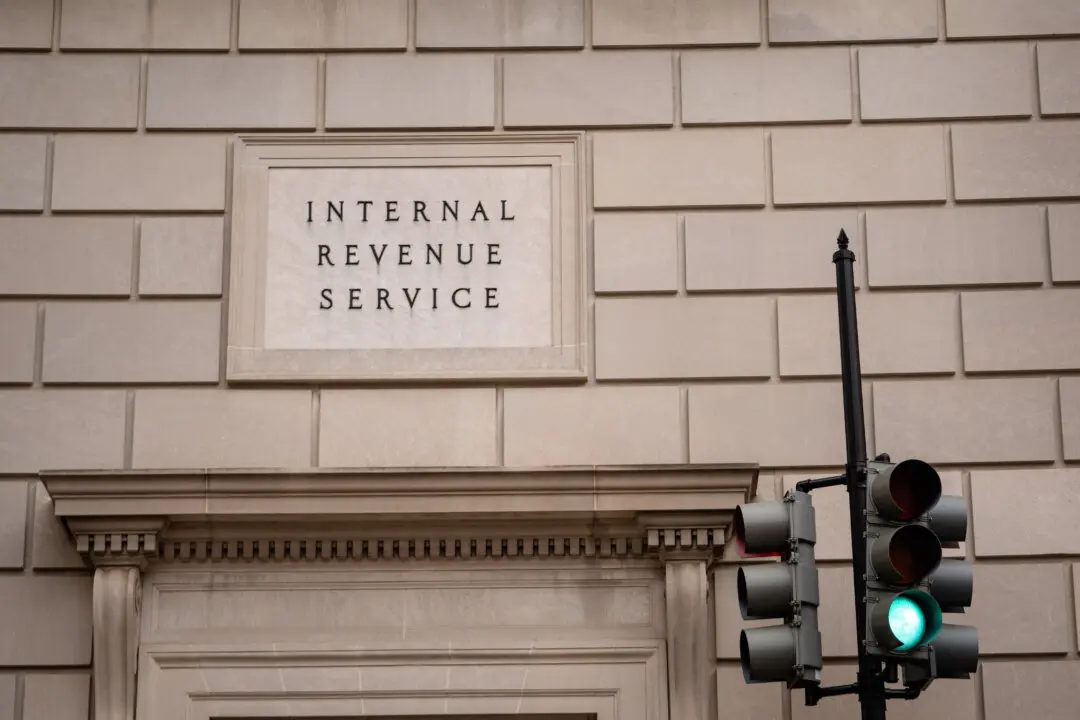European bank stocks have been on an upward trend since the third week of December following the announcement by the Federal Reserve regarding interest rate hikes by early spring, indicating better business prospects for financial institutions with higher rates and greater margins.

The logo of Deutsche Bank on a company's office in London, Britain, on July 8, 2019. Simon Dawson/Reuters

Naveen Athrappully
Reporter
|Updated:



